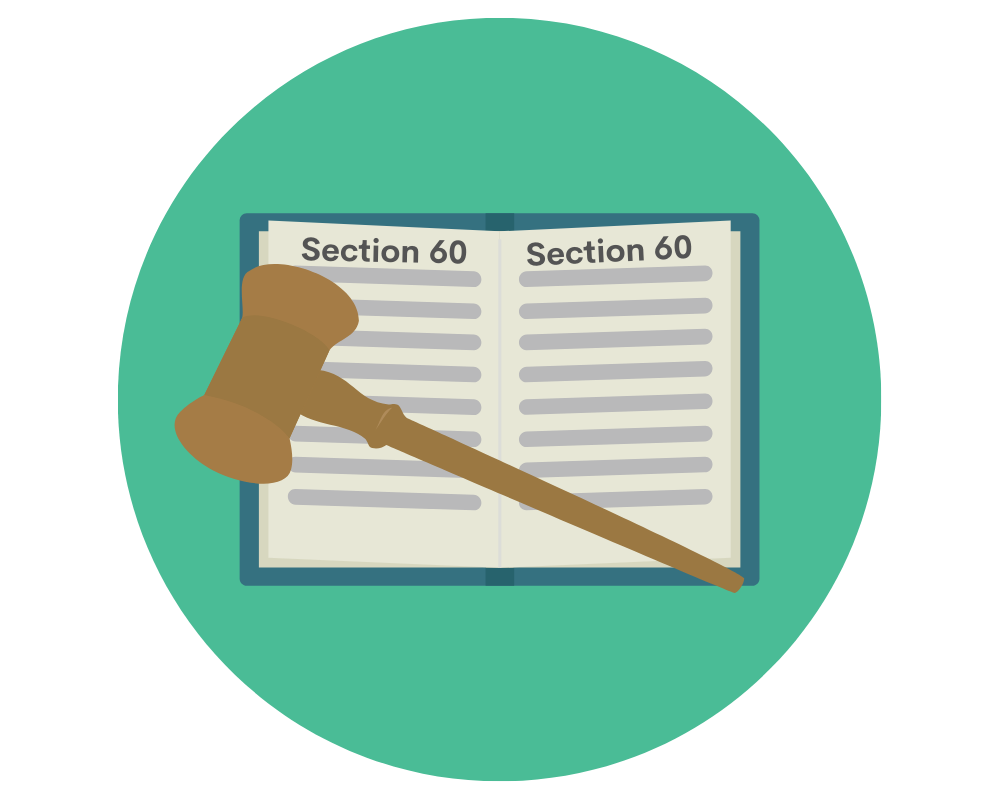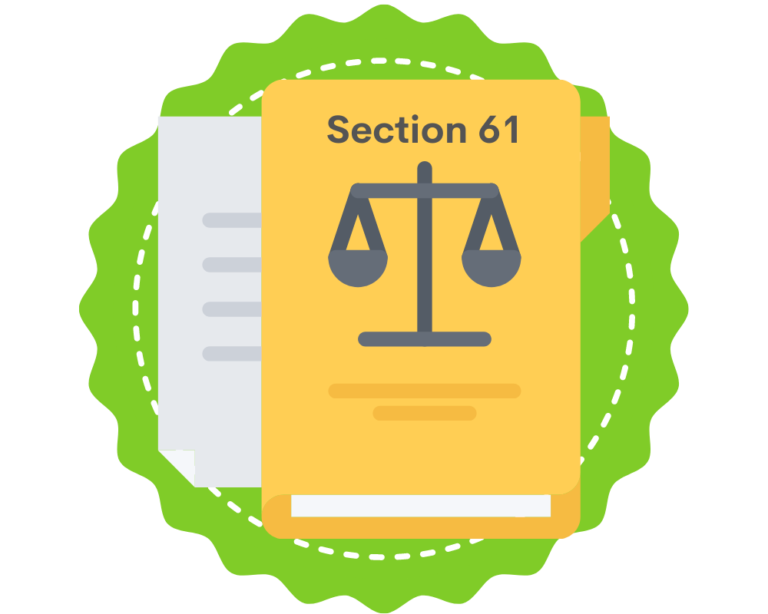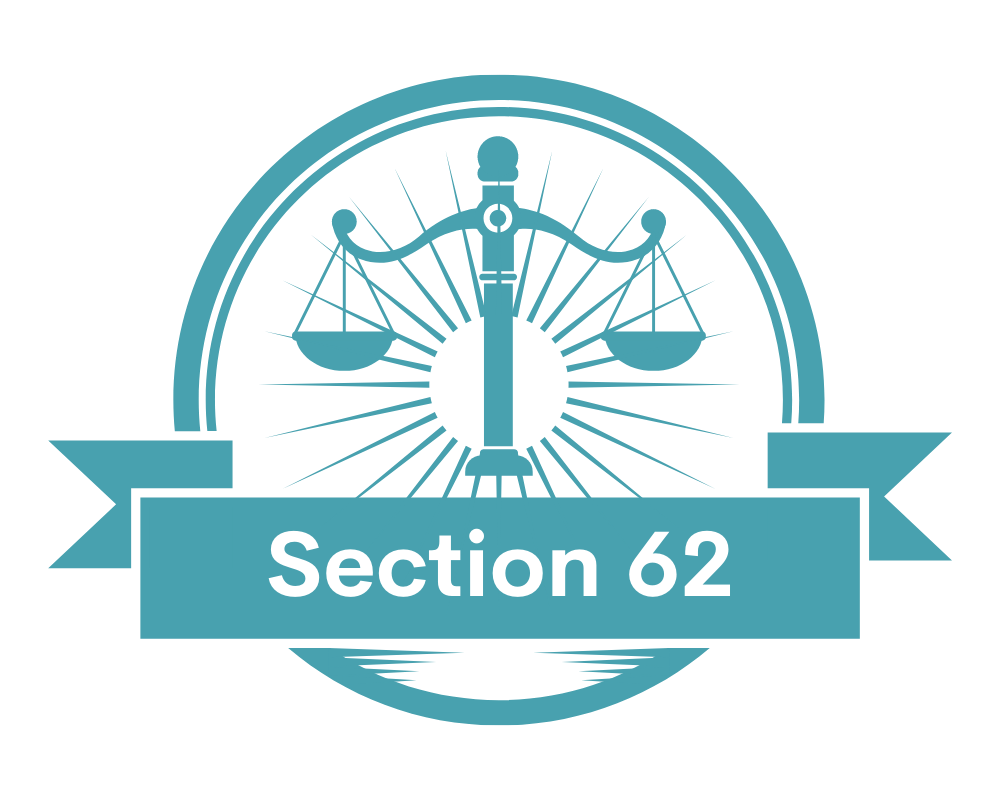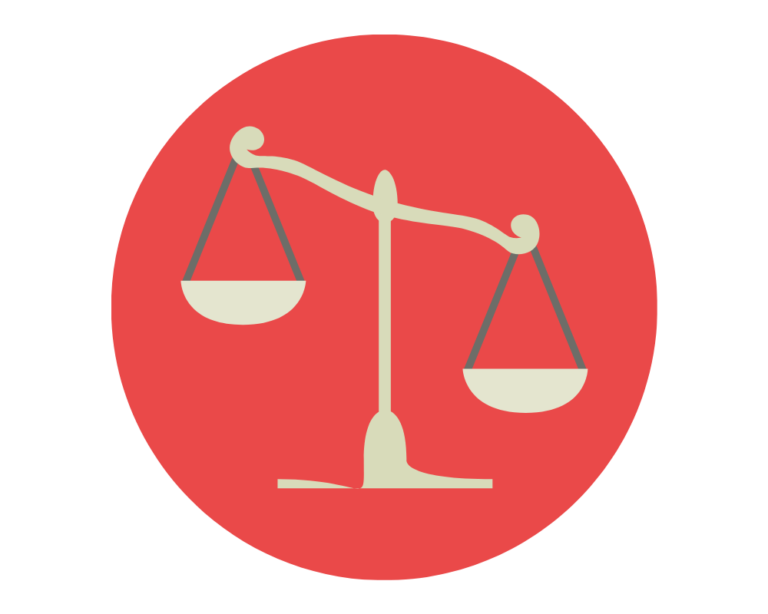What is GST Assessment?
Under GST, the term ‘assessment’ means a tax liability determination under this Act and covers self-assessment, re-assessment, interim assessment, summary assessment, and the best assessment of judgments. Usually, on the basis of self-assessment of GST liability, people with GST registration file GST returns and pay GST every month. The Government, however, is entitled at all times to re-assess or carry out an assessment on its own and to determine whether there is a short GST payment. We look at the different kinds of evaluation under GST in detail in this article.

types of assessments under gST :
- Section 59 – Self-assessment of taxes payable
- Section 61 – Scrutiny of tax returns filed by registered taxable persons
- Section 62 – Assessment of registered taxable person who has failed to file the tax returns
- Section 63 – Assessment of unregistered persons
- Section 64 – Summary assessment in certain special cases
#1 - Section 59
Self-Assessment
On the basis of a self-assessment, the taxable individual is required to pay tax. Therefore, each registered taxable person is to assess the taxes payable and furnish the returns for each tax period on its own basis. In other words, each registered taxable one must evaluate the taxes paid. This means that, just like excise, VAT and service tax in the current tax regime, GST continues to promote self-assessment.


#2 - Section 60
Provisional Assessment
In the event that the correct tax liability cannot be determined at the time of delivery, the provisional assessment provides a method for determining the tax liability. In general, the applicable tax rate and value are the major determinants of tax liability. There may be situations where these determinants may not be easily ascertainable and may be subject to the outcome of a deliberative and time-consuming process.
#3 - Section 61
Scrutiny Assessment
A GST return and related details provided by the registered person can be scrutinized by GST officers to verify the correctness of the return. A scrutiny evaluation is called this. If the officer has noticed any discrepancies, he/she will inform the registered person the same and seek his/her explanation.


#4 - Section 62
Best Judgment Assessment
If the registered individual fails to provide the requisite returns, the evaluation will be carried out by the GST Officer even after the notification under Section 46 has been issued. In such cases, the GST officer will continue to determine the tax liability of the taxpayer to the best of his discretion, taking into account all the relevant information available or obtained, and to issue an assessment order within a period of five years from the date of receipt of the annual return for the financial year to which the tax not paid relates.
#5 - Section 63
Assessment of non-filers of returns
In the case of taxable persons not having a GST registration even though they are liable or whose registration was revoked in compliance with section 29(2) but are liable to pay taxes, the GST Officer can, in the best of his discretion, decide the taxable person’s tax liability for the tax periods in question and issue an assessment order within a five-year period after the date specified. The officer may, at best considering all the materials collected by the person in question within 5 years of the due date of a return on his tax for the financial year for which tax not paid is applicable, proceed to the assessment of the tax liability of that person.


#6 - Section 64
Best Judgment Assessment
An Officer of GST may proceed to assess a person’s tax liability to safeguard revenue interest by any evidence that demonstrates a person’s tax liability, and to issue an appraisal order if he has reason sufficiently reason to believe that any delay thereby may have adverse effects on the interest of revenues. The appropriate officer is required to obtain the prior approval of an additional commissioner or joint commissioner in order to carry out an assessment in section 64.





Reviews
There are no reviews yet.